Four years after stage 4 breast cancer diagnosis, Georgia woman is now cancer-free

Georgia mother's battle with breast cancer
After a series of normal mammograms, a Georgia woman got a devastating diagnosis. Amanda Glass was told she had breast cancer, and it had spread. She was in her early 40s and raising a son. Now, she was facing stage 4 breast cancer.
DALLAS, Ga. - Amanda Glass says getting regular mammograms has always been a priority for her.
"I worked for the American Cancer Society for years, and actually worked in the breast cancer division," Glass says.
By the fall of 2019, she had gotten three screening mammograms.
"I was 44, so I'd had normal mammograms at age 40, 41, 42," Glass says.
After changing jobs, she waited 18 months before getting her next mammogram.
"I went in, and they found something," Glass remembers. "I felt no lumps. I felt no changes. My lump was in the very back of the breast against my pectoral muscles."
SURGEON DISCUSSES BREAST CANCER RISK ASSESSMENT TOOLS OLIVIA MUNN CREDITS WITH SAVING HER LIFE
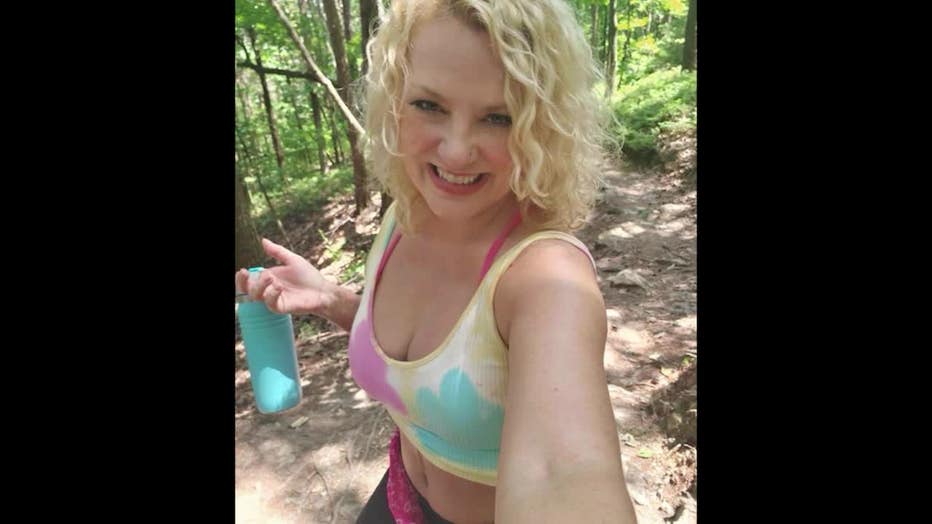
Amanda Glass says she regularly got mammograms, having worked for the American Cancer Society for years. (Supplied)
Georgia woman’s breast cancer spreads
Glass, then a single mom, was diagnosed with invasive ductal carcinoma, the most common form of breast cancer.
Initially, she was told she had stage II breast cancer.
However, follow-up scans uncovered more cancer in nearby lymph nodes, and a lesion in Glass' liver.
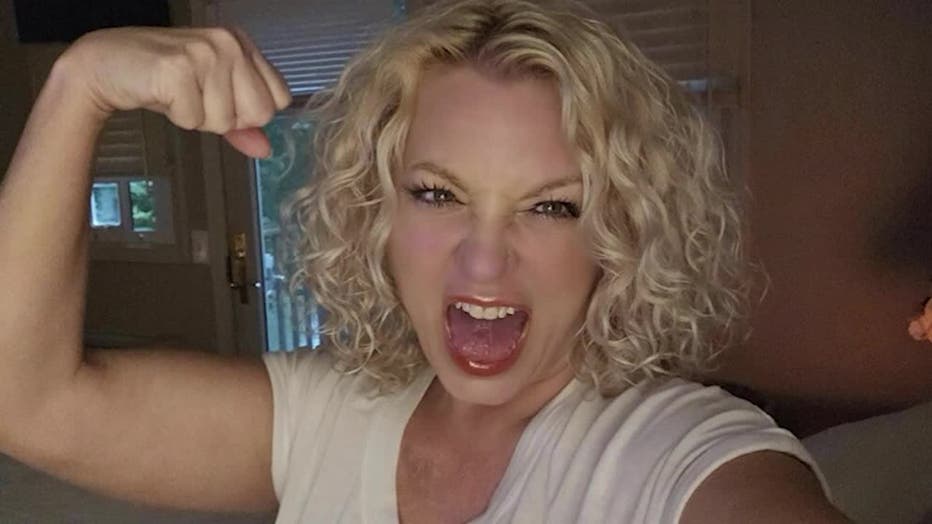
Amanda Glass was initially diagnosed with stage II breast cancer. (Supplied)
"So, I immediately went to stage IV," she remembers. "The liver is not a good place for cancer to end up. It spreads very, very rapidly."
Dr. Michael Andrews, chief of oncology for the Wellstar Health System, says Glass had metastatic breast cancer, or cancer that has spread beyond its origin.
"Before, we used to look at cancer as it's localized, we can treat it with surgery, or it's metastatic, and then you just give a treatment to help a person do better and live longer," Dr. Andrews says. "But it's not considered curative therapy."
What is oligometastatic cancer?
Andrews says Glass' had a subcategory of this disease, what's known as oligometastatic cancer, which means she had just a few lesions outside of her breast.
"When you're stage IV, they don't try to cut it out because it's spread," she says. "But mine had just started stage IV, so there was a chance."
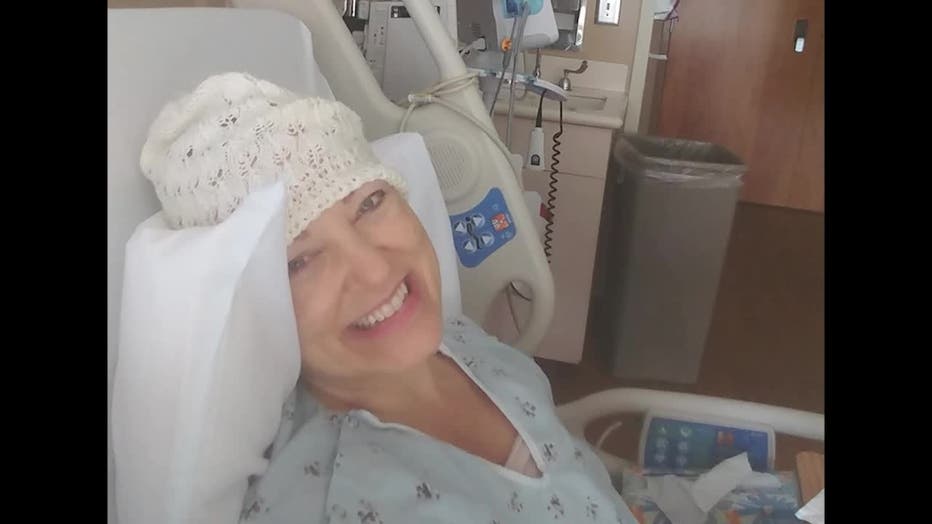
Amanda Glass breast cancer reached stage IV and was listed under the subcategory known as oligometastatic cancer. (Supplied)
A chance that they could try for a cure.
"It doesn't mean we'll necessarily get a cure," Dr. Andrews says. "But it is a more aggressive treatment. It requires intense chemotherapy followed by surgery, followed by radiation therapy."
Glass chose the more aggressive approach.
"I did as much as I could to stay strong and healthy," she says. "I worked full time. I'd go on my lunch breaks to get chemo and radiation."
Mother hospitalized with breast cancer
Just month into chemo, by Christmas of 2019, Glass was hospitalized, placed on a ventilator, after contracting viral pneumonia that, she says, nearly killed her.
At one point, she says, the hospital told her family to prepare to say goodbye.
"They said, 'We've done all we can; it's just up to her to fight,' and I did, I fought," Glass says. "So, I woke up again. I'd been in a coma, so I had to learn to walk, speak, swallow again."
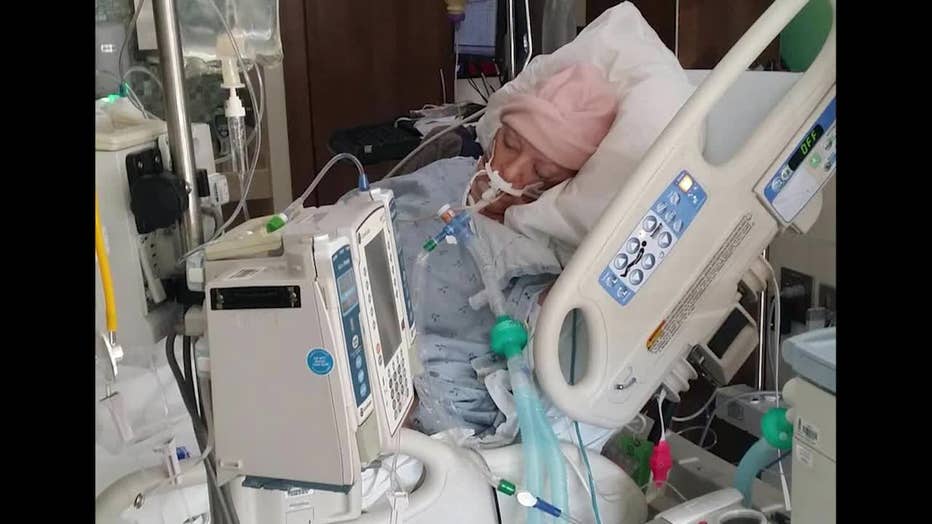
Amanda Glass was hospitalized and placed on a ventilator by Christmas 2019. (Supplied)
She pushed through it, restarting chemotherapy.
"The mass shrunk up," Andrews says. "She was able to have an operation and remove all the cancer. She did take radiation, and then we turned our attention to her liver."
That required another surgery, and more follow up treatment.
"Then they scanned me and they're like, ‘We see no cancer,’" Glass says.
"Her scans for the last over 3 years have shown no evidence of cancer at all," her oncologist says.
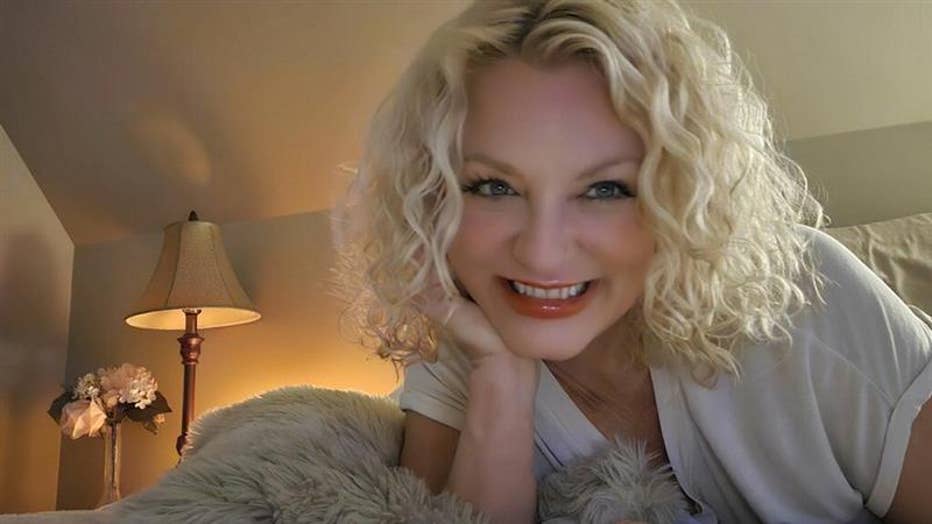
Amanda Glass is a stage IV breast cancer survivor.
Mammogram saved Georgia woman’s life
Glass believes her mammogram helped her survive.
"I don't want anybody to ever think that it can't happen to them," she says. "Always be smart. But, if it does, there's always hope."
And maybe, Amanda Glass thinks, that's why she is still here, four years after her diagnosis.
"It's to help others have hope, have a quality of life, and thrive," she says. "Because life is too short not to enjoy every single day, every single moment, every single breath."

